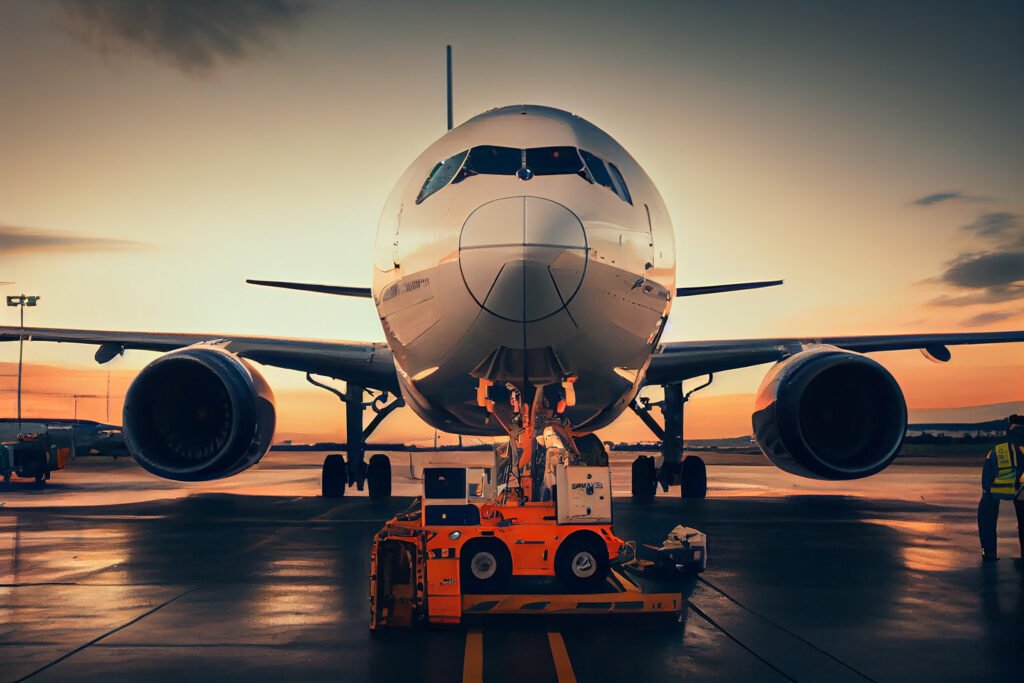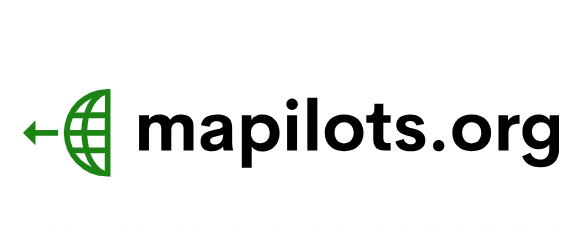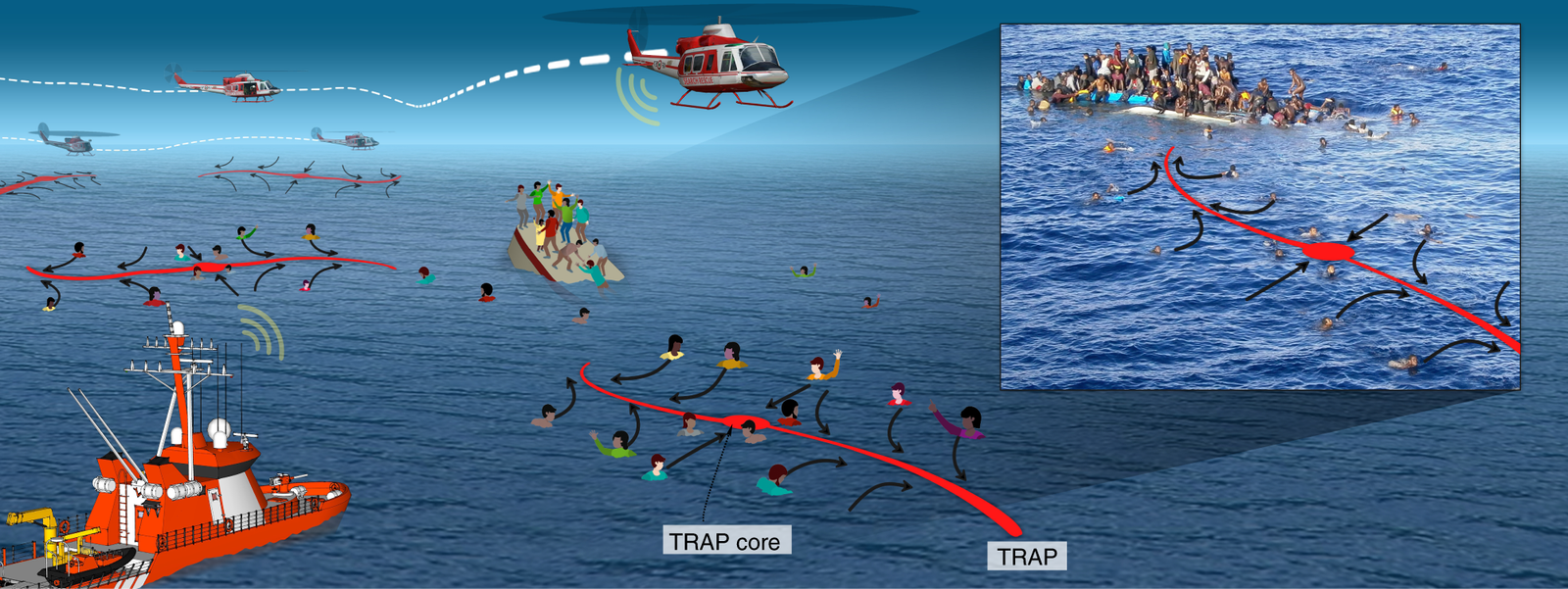Cargo airlines operate in a fast-paced industry where precision, safety, and timeliness are non-negotiable. Flight tracking technology has become a cornerstone of cargo operations, enabling real-time monitoring, enhancing operational efficiency, and ensuring customer satisfaction. This article explores why flight tracking is essential for cargo airlines and the benefits it brings to the air freight industry.
1. How Cargo Airlines Use Flight Tracking Technology
Flight tracking provides cargo airlines with real-time data and insights to optimize operations:
a. Real-Time Monitoring
- Track aircraft location, speed, altitude, and estimated arrival times.
- Monitor cargo conditions in transit, such as temperature and humidity for sensitive goods.
b. Logistics Coordination
- Synchronize ground operations like unloading, customs clearance, and last-mile delivery with real-time flight data.
- Minimize delays by planning resources based on accurate arrival information.
c. Route Optimization
- Adjust routes dynamically to avoid weather disruptions, airspace restrictions, or unexpected delays.
Modern cargo airlines rely on sophisticated flight tracking systems to ensure timely deliveries and operational safety. These technologies provide real-time data that helps optimize routes and manage logistics efficiently.
Just as precise tracking is vital in aviation, understanding performance metrics is crucial in other industries. For instance, platforms like WolfWinner RTP utilize detailed analytics to enhance user experience and transparency.
Implementing robust tracking solutions allows cargo carriers to mitigate risks and improve overall service reliability, much like how data-driven approaches benefit various sectors.
2. Benefits of Flight Tracking for Cargo Airlines
a. Ensuring Timely Deliveries
- Accurate arrival estimates help cargo airlines meet strict delivery schedules.
- Reduces penalties or losses due to late deliveries of time-sensitive goods, such as medical supplies or perishable items.

b. Enhanced Safety and Security
- Monitor aircraft for deviations from the planned route or sudden altitude changes.
- Detect and respond quickly to emergencies like weather disturbances or technical issues.
c. Better Customer Communication
- Provide customers with real-time updates on their shipments.
- Build trust and transparency by sharing accurate delivery timelines.
d. Optimized Operations
- Improve fuel efficiency by selecting the most efficient routes.
- Streamline airport handling by preparing for loading/unloading based on precise arrival times.
3. Advanced Technologies in Flight Tracking for Cargo Airlines
a. Satellite-Based Tracking
- Offers global coverage, even in remote areas where traditional radar systems are unavailable.
- Example: Iridium NEXT satellite constellation enhances tracking over oceans and polar regions.
b. IoT-Enabled Cargo Monitoring
- Internet of Things (IoT) devices monitor cargo conditions, transmitting data like temperature and pressure.
- Example: Pharmaceutical companies track vaccines to ensure cold chain compliance.
c. Predictive Analytics
- Artificial intelligence analyzes data to predict delays, allowing airlines to adjust schedules proactively.
d. Integration with Supply Chain Systems
- Seamlessly integrates flight tracking with supply chain management tools, ensuring end-to-end visibility.
4. Challenges in Flight Tracking for Cargo Airlines
a. Coverage Gaps
- While satellite tracking reduces coverage gaps, areas with limited infrastructure still pose challenges.
b. Data Overload
- Managing and analyzing the massive amount of data generated by flight tracking systems can be overwhelming without proper tools.
c. Cost Implications
- Advanced tracking systems require significant investment, which may be a barrier for smaller operators.
5. Real-Life Applications of Flight Tracking in Cargo Operations
a. E-Commerce Logistics
- Companies like Amazon and FedEx rely on flight tracking to ensure seamless operations in their global supply chains.
- Real-time updates improve inventory management and customer satisfaction.
b. Emergency Deliveries
- Flight tracking ensures the timely delivery of critical supplies, such as organ transplants or disaster relief materials.
c. Specialized Cargo
- Industries like pharmaceuticals and luxury goods rely on flight tracking to monitor conditions and secure high-value shipments.
6. The Future of Flight Tracking for Cargo Airlines
Flight tracking technology will continue to evolve, offering even more benefits to cargo airlines:
a. Full Global ADS-B Coverage
- Space-based ADS-B systems will eliminate remaining coverage gaps, ensuring real-time updates worldwide.
b. AI-Powered Insights
- Artificial intelligence will improve predictive analytics, helping airlines avoid disruptions and improve efficiency.
c. Blockchain for Secure Data Sharing
- Enhances transparency and traceability in cargo tracking, building trust among all stakeholders.
d. Enhanced Cargo Monitoring
- Future IoT devices will provide even more detailed insights into cargo conditions, ensuring quality and safety.
Conclusion
Flight tracking is a critical tool for cargo airlines, enabling them to meet the demands of a fast-paced and highly competitive industry. By improving operational efficiency, enhancing safety, and ensuring timely deliveries, flight tracking technology not only supports cargo airlines but also strengthens the global supply chain. As advancements continue, the role of flight tracking in cargo logistics will become even more vital, driving innovation and excellence in the air freight industry.









